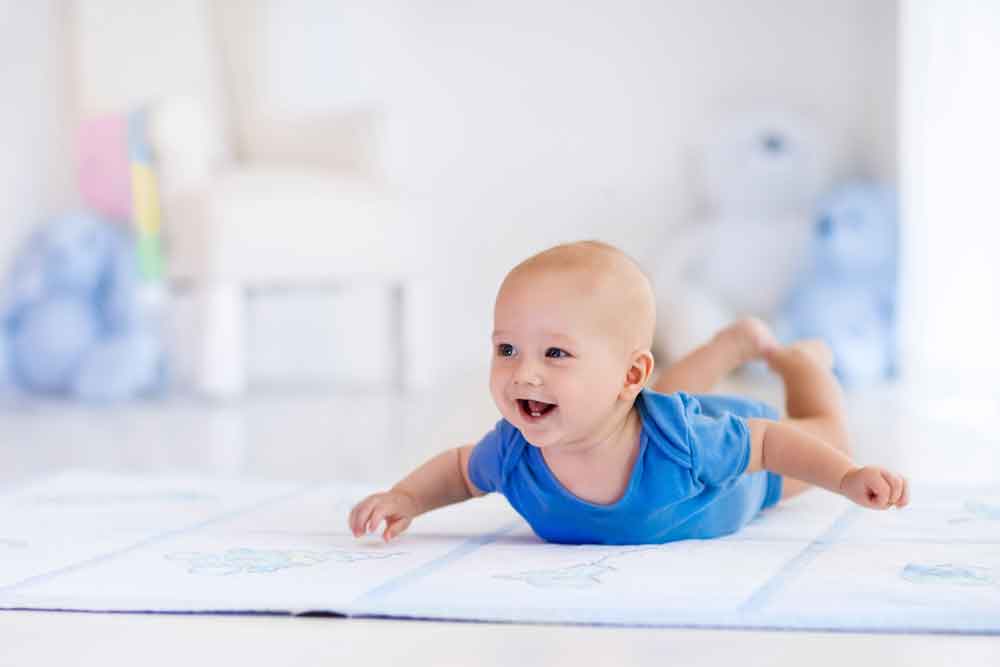If your child presents with three or more of the following symptoms, make an appointment for an occupational therapy evaluation:
- Becomes over sensitive and over-reactive to sensory stimulus resulting in poor impulse control
- Dislikes change
- Sensitive to light
- Sensitive to sound
- Anxiety or nervousness
- Mood swings
- Social immaturity
- Poor stamina
- Allergies
- Adverse reaction to drugs
- Hypoglycemia
- Motion sickness
- Poor balance
- Poor coordination
- Easily distracted or doesn’t maintain eye contact
The above symptoms are indications of a retained Moro reflex. The Moro reflex is a baby’s primitive fight/flight reaction and is typically integrated and replaced by the adult startle reflex by 4 months old.
A retained Moro Reflex is 1 of 6 primitive reflexes treated by the occupational therapy and physical therapy team at Team 4 Kids.
What are Primitive Reflexes?
Primitive reflexes are automatic movements that originate from the central nervous system. These reflexes are required for survival and development while the child is in the womb and for the first few months after birth. With typical development, the nervous system matures and naturally replaces the primitive reflexes (survival reflexes) with postural reflexes (reflexes required for balance, coordination, and sensory motor development). Retained primitive reflexes can lead to developmental delays related to ADHD, sensory processing disorder, autism, and many other learning disabilities.
As stated in Susan Hyland’s Optimizing Neurological Development, Primitive Reflexes web page, Retention of primitive reflexes can be caused by a variety of factors including but not limited to: traumatic birth, birth by cesarean section, falls, traumas, lack of tummy time, delayed or lack of creeping or crawling, chronic ear infections, head trauma and vertebral subluxations.
See link below for more information on Primitive Reflexes:
http://suehyland.co.uk/ond/primitive-reflexes/ptimising Neurological Development
~ Melissa, Occupational Therapy Team ~

